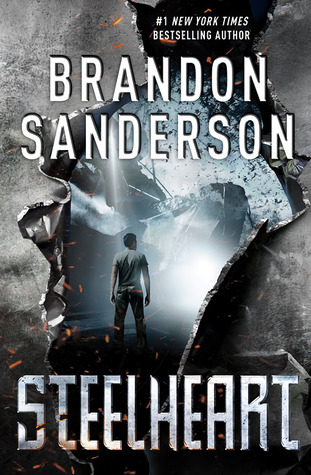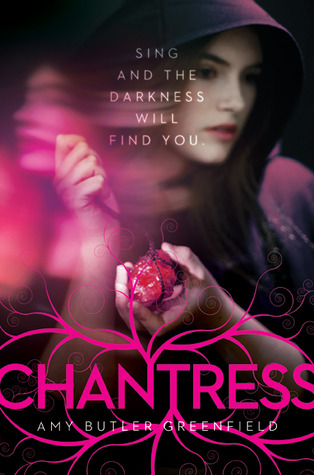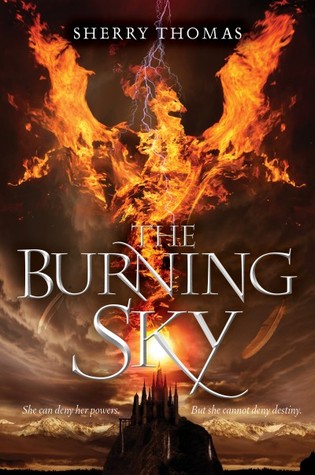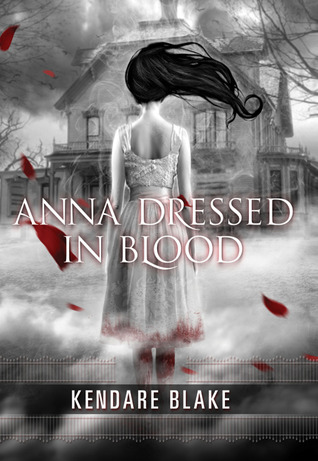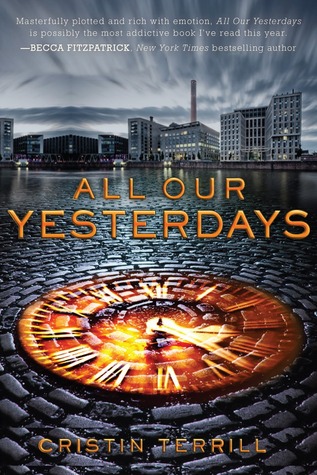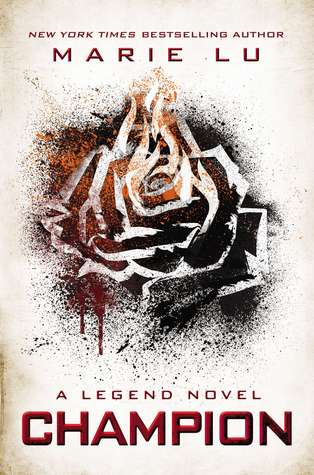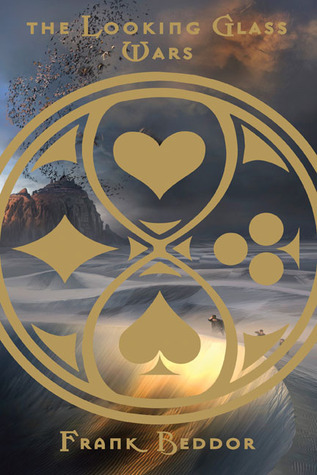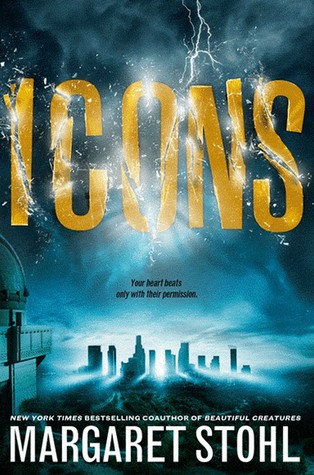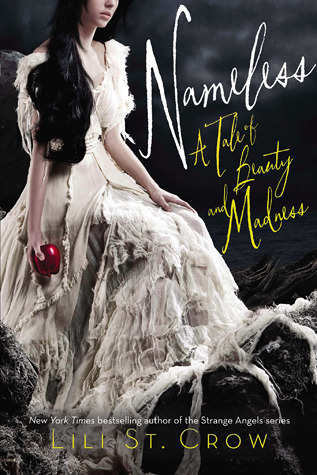 Title: The 5th Wave
Title: The 5th WaveAuthor: Rick Yancey
Series: The 5th Wave
Volume: 1
Genre: Science Fiction, Dystopian
A Quick Introduction: With each wave, more and more of the human race is lost. After the first wave, electricity was gone. The second wave killed more people as the coastlines were submerged and earthquakes shook the land. The third wave decimated humanity with a killer plague. And the forth wave divided the survivors. Stay alone and stay alive, trust nobody. It is impossible to tell if anyone you come across is a human or an alien wearing the face of one. Now, what remains of the human race waits for the fifth wave- and there will be a fifth. Cassie is alone. Since the forth wave, she has only one goal: she has to find and rescue her younger brother. But when she meets Evan Walker, she wonders if she can choose trust over fear, and defiance over submission. Especially since she isn't sure she can rescue her brother on her own.
Review at a Glance: An eerie, paranoid dystopian science fiction with a strong beginning.
Review: An eerie science fiction. This book takes place during the alien apocalypse. Most of humanity has been destroyed by the time the book starts, and much of the first part of the book consists of flashbacks to various parts of the first four waves. This first part really set quite a grim tone for the series. Humanity seems to beyond the point of return, the Others (the aliens) seem to have them out maneuvered on every count, and Cassie is basically on what she is fully aware could turn out to be a suicide mission to keep her promise to her brother. This story is told from several points of view- Cassie herself, a (for spoilers sake unnamed) boy dying of the blood plague, Cassie's little brother Sammy and an alien sniper. Rather than alternating between chapters, it is told in sections, some of which are longer than others, some in first-person and some in third-person. The only issue with this was that there was the risk of losing the train of one story, though the story-telling was pretty tight, and it didn't take too much time to acclimate to different narrators and points of view. So that wasn't too much of a disadvantage for the most part.
Cassie carries most of the story, and is the main protagonist. She's been hardened by all of her losses during the first four waves, and is constantly living in fear- but she's still willing to do what she has to. The main thing driving her is her promise to her brother- she hasn't thought beyond that, since keeping it is more likely than not a suicide mission. She carries his stuffed bear wherever she goes, and, throughout the story it seems to come to represent her promise to him. I think that there is actually a lot of symbolism in this novel, as well as intentional repetition- one character will think something, and it will later be echoed in the thoughts of another character, without the two narrators ever discussing it.
One of the interesting qualities of this novel is the sense of uncertainty it manages to inspire. Through the multiple viewpoints in story, the reader is lead to question what side various people and factions are on. Even as one point of view leads you to believe one thing, or even makes it very clear, the next chunk makes you question your conclusion. It really gives a sense of paranoia and mistrust, much like the feelings that Cassie herself feels. This uncertainty makes the reader distrust many of the characters, and I found that I suspected almost everyone. There are also some plot twists that were quite good, which were contributed to by the overall atmosphere of suspicion.
This was an enjoyable read. I found the beginning to be the strongest part of the book. The world-building and the flashbacks were, for me, the most intriguing part of this story, in spite of the fact that they were also some of the darkest. The middle and the end were not in any way weak, but beginning was just stronger. There was a little bit of insta-love, though that was partly (but only partly) a result of time-skips. I think sometimes a week or two went by, and it wasn't really mentioned. This is probably partly why I didn't really latch on to the romance part of the book. Some parts of the action were a little difficult to follow, but besides that, there weren't any glaring flaws in how the story was told. This ended on something of a cliffhanger, and I am looking forward to the next book.

